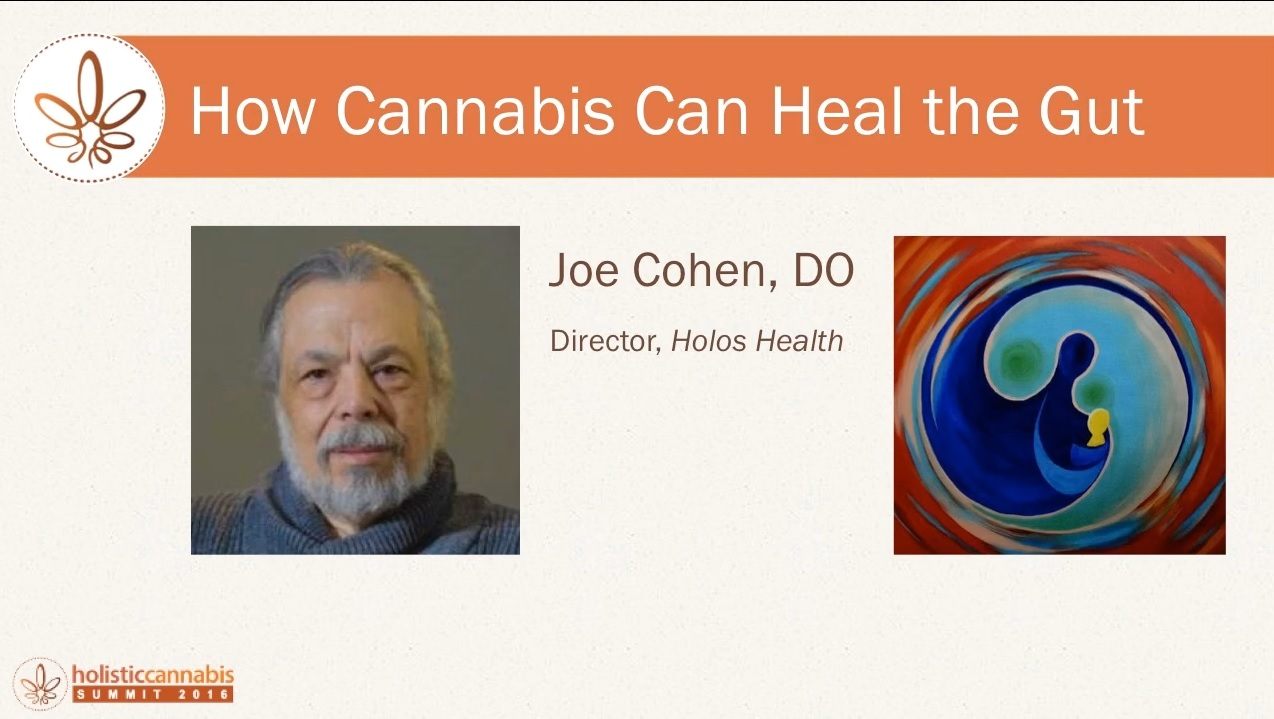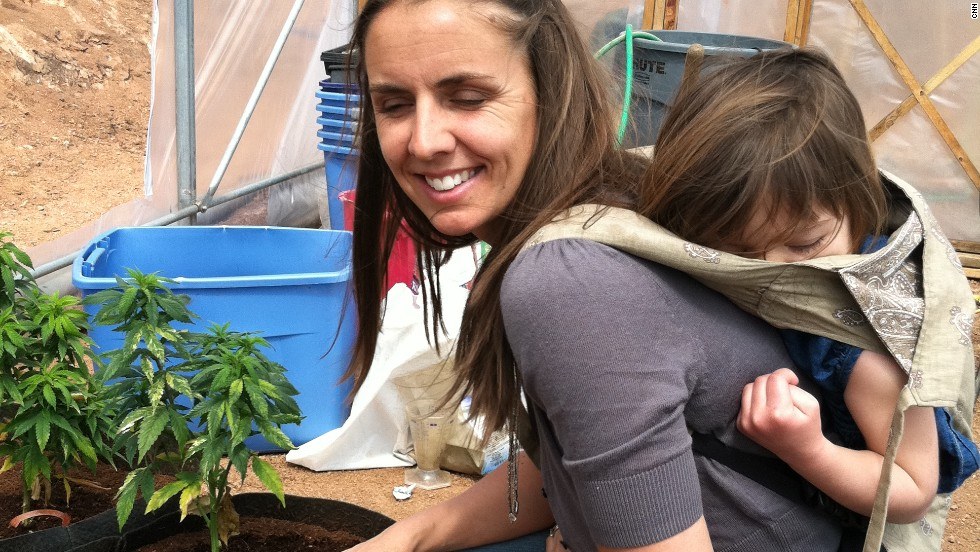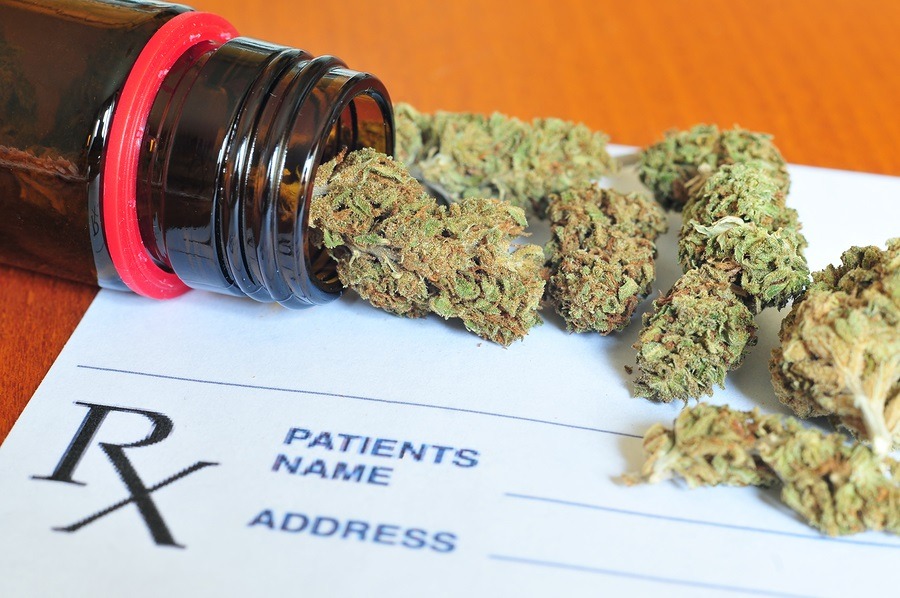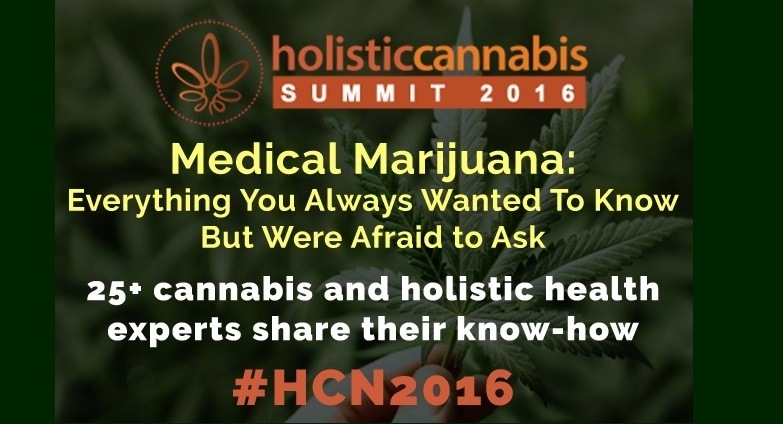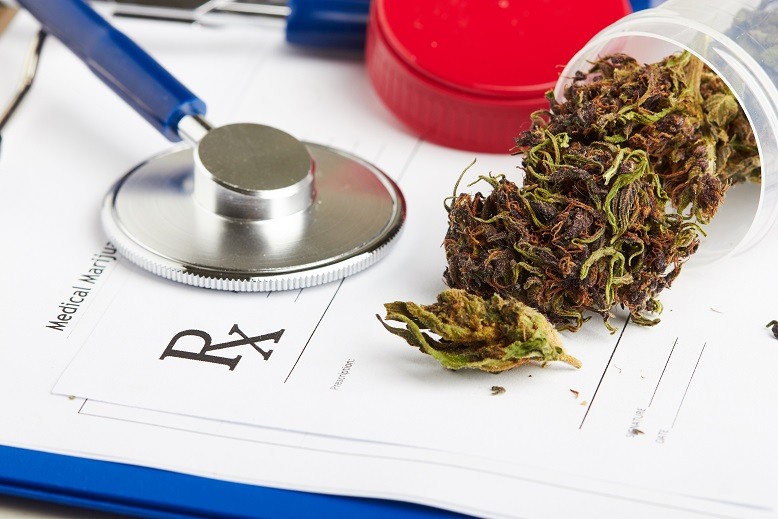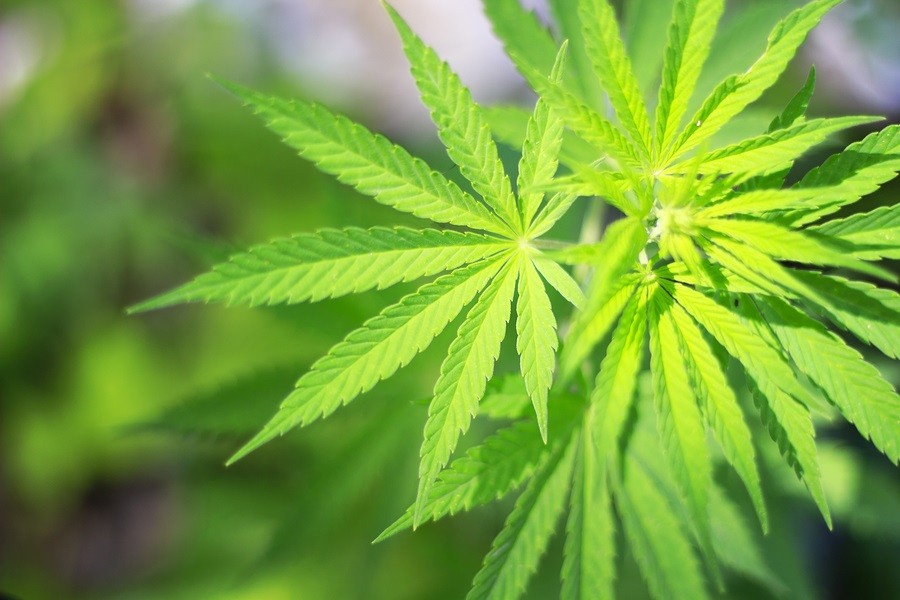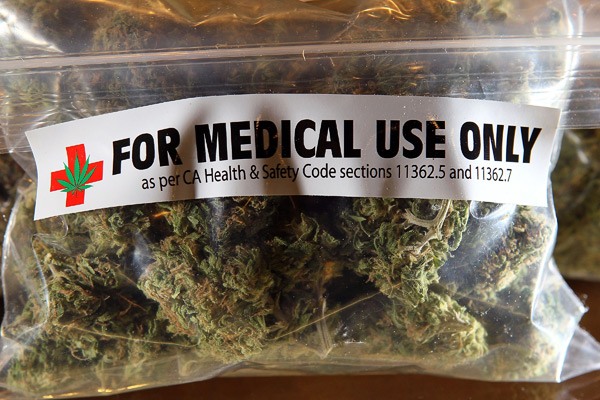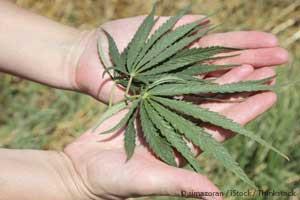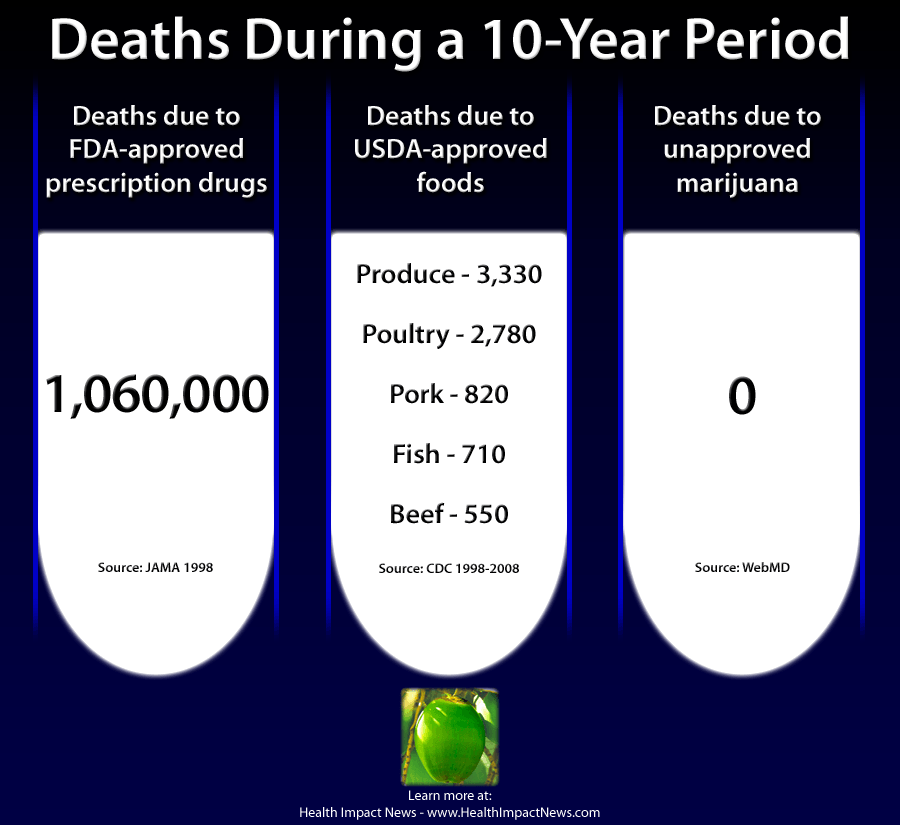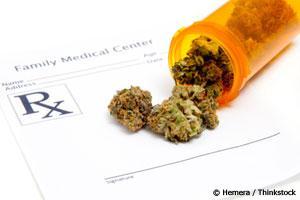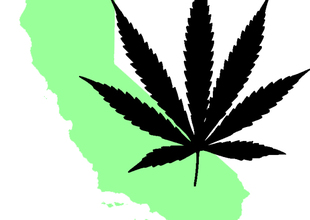Cannabis Treats Diabetes and Protects Against Obesity
How counter-intuitive can one get? Everybody knows marijuana users get the “munchies,” which are usually satisfied with high calorie low nutrient foods. It's also somewhat accepted by mainstream oncology that cannabis curbs chemo patients' nausea and boosts their appetites. Yet studies demonstrate that even recreational pot users have a considerably lower incidence of obesity and metabolic syndrome, which often leads to diabetes 2. These published peer reviewed studies are a small sampling of international studies from Israel, Spain, Italy, and the USA among others that have looked into various applications of cannabis for treatments for other diseases with positive results. Yet, the DEA Controlled Substance Schedule 1 rating for cannabis of dangerous, addictive, and without medical merit stands as of this writing. Apparently, the Justice Department that governs the DEA is trying to protect the pharmaceutical industry, not ordinary citizens.




